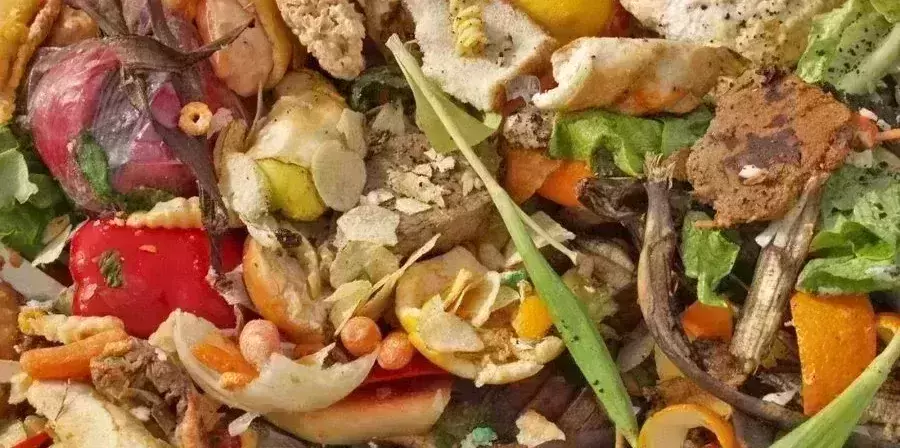
17 per cent of food wasted at consumer level – UN report
text_fieldsAccording to the Food Waste Index Report 2021 released on March 4, 2021, an estimated 931 million tonnes of food, or 17 per cent of total food available to consumers in 2019, went into the waste bins of households, retailers, restaurants and other food services.
The report was published by United Nations Environment Programme (UNEP) and its partner organization, WRAP. The index was prepared by using data from 54 countries which was then extrapolated to the remaining countries.
The report estimated that 931 million tonnes of food are wasted every single year, equalling the weight of 23 million fully-loaded 40-tonne trucks, enough to circle the Earth 7 times.
On a global per capita-level, 121 kilograms of consumer-level food is wasted each year, with 74 kilograms of this happening in households which discard 11per cent of the total food available at the consumption stage of the supply chain.
Consumer waste was broadly similar in rich and poor countries and the amount of food wasted was substantial regardless of the income level. Hence, the Food Waste Index report 2021 scrapped the long-standing assumption of the world that food waste was more common in rich and developed countries alone.
"If we want to get serious about tackling climate change, nature and biodiversity loss, and pollution and waste, businesses, governments and citizens around the world have to do their part to reduce food waste," said Inger Andersen, executive director of UNEP.
Food waste can also have several environmental, social and economic impacts on the world. A whole lot of effort and procedures like clearing of forests, burning of fuels, packaging of the different food items, etc. are involved in getting food into the market which is bought by people to merely throw away. The rotting of food waste in landfills also contributes to the releasing of greenhouse gases into the atmosphere.
Moreover, food loss and waste cause about $940 billion per year in economic losses and reduction o these wastes can save money for farmers, companies, and households.
"Reducing food waste would cut greenhouse gas emissions, slow the destruction of nature through land conversion and pollution, enhance the availability of food and thus reduce hunger and save money at a time of global recession," added Anderson.
























